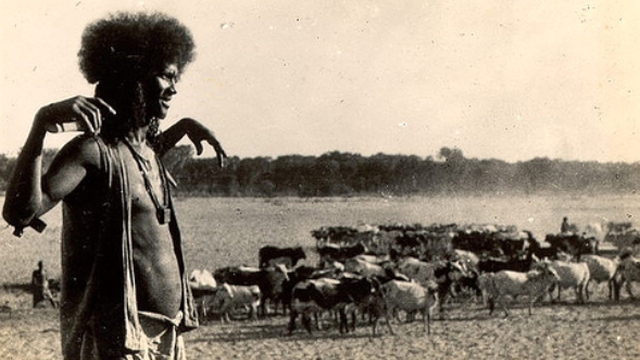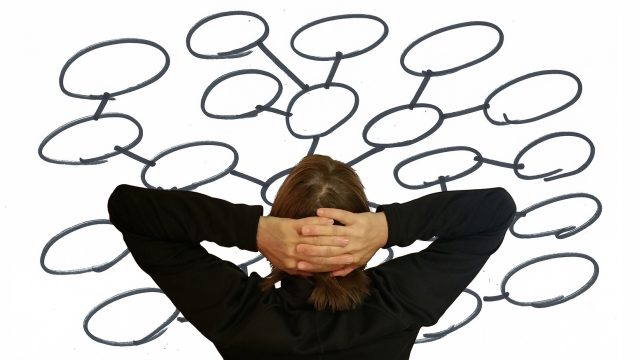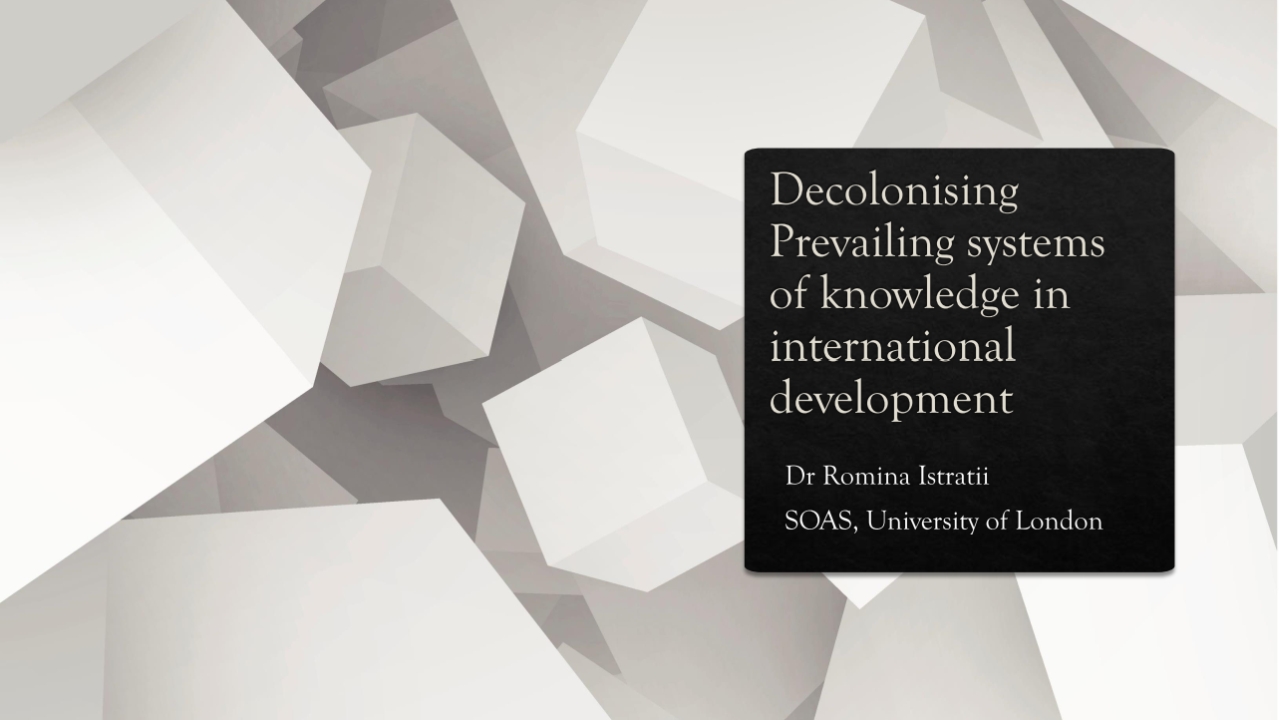
The case for indigenous knowledge systems and knowledge sovereignty (part 10): Moving the debate forward
This article is part 10 of a series of articles putting forward the case for indigenous knowledge systems (IKS) and knowledge sovereignty, featuring selected excerpts from the book Knowledge Sovereignty among African Cattle Herders.
IK shows considerable resilience in the face of a wide variety of stressors (physical, economic, political and academic), being adapted by its practitioners to best service the community. We have also taken note of the times it has collapsed in the face of a new economic reality which it could not withstand, and of its shortcomings, namely its limited geographical scope and applicability. We followed through with the idea that, far from being an indicator of a loss of sovereignty, IK has the potential to merge with occidental knowledge, incorporating certain concepts and methodologies, reaffirming the knowledge sovereignty of local actors and practitioners and providing them with a more workable knowledge platform with which to act. Finally, we saw how such mergers are being carried out, successfully and unsuccessfully, in the real world.
Now we take the discussion squarely into the realm of the political. The question we intend to address is: ‘How do we bring this debate forward into the formation of policy?’ That is: ‘How do we ensure that IK remains relevant and of practical value to its practitioners without being completely subsumed by the occidental paradigm, and how do we ensure that policy makers facilitate such a political environment?’
IK, far from being a static body of knowledge, is an ever-changing amalgam of observation and practice. In order to secure the survival of such a living and dynamic IK, certain policies must be pursued in several areas.
The first such area is the courtroom. Throughout the world, practitioners of IK (particularly pastoralists) are finding themselves evicted from lands traditionally worked by their people in favour of (ostensibly) more lucrative enterprises. In response, some of these groups have used the courts in an attempt to counter these evictions and secure their lands for themselves. Such a legal struggle is exemplified by the 2010 court battle of 600 pastoralists in the Buliisa district in western Uganda. Here, these pastoralist groups, with the help of the civil society organisation the Uganda Banyarwanda Culture Development Association (UMUBANO), petitioned the Uganda Human Rights Commission for a stay of eviction1. On 15 December 2010, the Masindi High Court granted that stay and the pastoralists were allowed to return to their land2. Policies must be enacted to facilitate civil society to act in this way, as a facilitator and conduit to the legal system.
In addition to mere legal representation and guidance, data from joint projects such as the previously mentioned land use map3, as well as other joint IK-occidental knowledge projects, could be used to bolster the arguments brought forward by civil society organisations and to spotlight IK practitioners (again, pastoralists in particular) ‘as “custodians of the commons” in an era of global climatic change’ 4. Such arguments could go a long way towards changing the opinions of policy makers, allowing them to see pastoralism and other traditional lifeways not as quaint, low-output practices, but as realistic, prudent and modern answers to current climatic pressures. Policies which stress the use of social scientists and local actors in both the design and the implementation of joint community projects would lead to greater success rates, furthering the cause of IK in the minds of lawmakers 5 6.
Policies that influence technological investment could also, if so targeted, promote the advancement and effectiveness of IK. Current technology tends to focus on high-input/high-output forms of production while lowering the amount of human labour necessary to perform such tasks. If, however, as DeWalt suggests, policy makers invest in ‘knowledge and technology that is labor demanding to create employment opportunities’ 7, this would not only help keep IK alive, but also allow traditional roles, such as pastoralism, to remain relevant career options to those who have passed through the education system.
Finally, within the academic system itself, IK must be recognised as legitimate knowledge, relevant to certain lifestyle and economic choices. In particular, education garnered from the school system should not be assumed to be ineffectual in a ‘traditional’ environment. Some efforts are already in progress, such as the College of Indigenous Studies in Taiwan8. Promotion of such policies would help to ensure that the education system adequately prepares students to excel in whatever field they choose, and is decoupled from certain assumptions about the graduate’s future values and lifestyle.
Next part (part 11): Policy and research recommendations.
Article source: Knowledge Sovereignty among African Cattle Herders is licensed under CC BY 4.0.
Header image source: Tigre man from Barka Valley is in the Public Domain. The Beni-Amer people probably emerged in the fourteenth century AD from the intermixing of the Beja and the Tigre.
See also: Cultural awareness in KM.
References:
- Wanambwa, Richard. 2010. ‘Tinyefuza explains eviction of pastoralists in Buliisa.’ Daily Monitor, 15 December. ↩
- Muramira, Gashegu. 2010. ‘Court Blocks Eviction of Pastoralists.’ New Times, 16 December ↩
- Kristjanson, Patti, Robin S. Reid, Nancy Dickson, William C. Clark, Dannie Romney, Ranjitha Puskur, Susan MacMillan and Delia Grace. 2009. ‘Linking International Agricultural Research Knowledge with Action for Sustainable Development.’ Proceedings of the National Academy of Sciences of the United States of America 106 (13), 5047–52. ↩
- Upton, Caroline. 2014. ‘The New Politics of Pastoralism: Identity, Justice and Global Activism.’ Geoforum 54: 207. ↩
- DeWalt, Billie. 1994. ‘Using Indigenous Knowledge to Improve Agriculture and Natural Resource Management.’ Human Organization 53 (2): 123–31. ↩
- Kristjanson, Patti, Robin S. Reid, Nancy Dickson, William C. Clark, Dannie Romney, Ranjitha Puskur, Susan MacMillan and Delia Grace. 2009. ‘Linking International Agricultural Research Knowledge with Action for Sustainable Development.’ Proceedings of the National Academy of Sciences of the United States of America 106 (13), 5047–52. ↩
- DeWalt, Billie. 1994. ‘Using Indigenous Knowledge to Improve Agriculture and Natural Resource Management.’ Human Organization 53 (2): 128 ↩
- Shih, Cheng Feng. 2010. ‘Academic Colonialism and the Struggle for Indigenous Knowledge Systems in Taiwan.’ Social Alternatives 29 (1): 44–7. ↩





